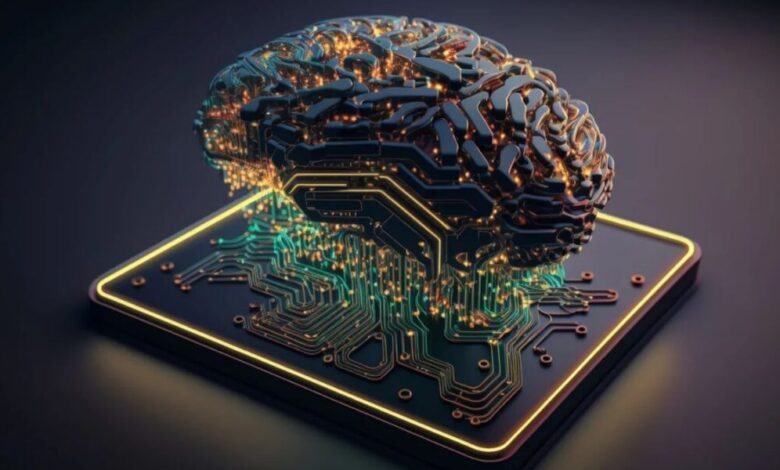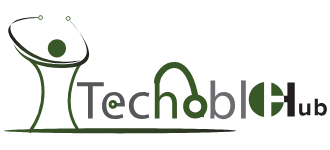What Is Ligionner? Insights Into Its Influence Across Various Sectors

Introduction to Ligionner: A Comprehensive Guide
Ligionner is a term that has been gaining attention in various fields, yet it remains relatively unfamiliar to a broader audience. In this article, we will explore what “lingionner” truly represents, its various applications, and how it is influencing contemporary discussions. This concept has roots in different industries, from linguistics to technology, and understanding its role can provide valuable insights into its growing importance. We will break down the meaning of “lingionner,” its use in practical contexts, and how it could shape future developments.
The Meaning and Origins of Ligionner
The term “lingionner” is not easily found in common language resources, which suggests it may be a niche or emerging concept. Upon further analysis, it seems to derive from linguistic roots, particularly the words related to language and communication. In essence, a “lingionner” could refer to a specialist or expert in the study and analysis of language patterns, structure, and usage. These professionals typically work in fields where the understanding of language is crucial, such as linguistics, cognitive science, artificial intelligence, and even social media analysis.
Also Read More: Can I Buy 1.5f8-p1uzt
Understanding its origin requires examining the evolution of related fields. Linguistics, the scientific study of language, has long sought to understand how humans communicate. Ligionner might be seen as a natural extension of linguistic expertise, focusing on new or unexplored aspects of communication that are relevant in the digital and interconnected world of today.
The Role of a Ligionner in Linguistics
In linguistics, a “lingionner” could be a practitioner who goes beyond traditional linguistics, blending theory with cutting-edge research. Their work might focus on areas such as:
- Language Evolution: Studying how languages transform over time.
- Sociolinguistics: Investigating the social aspects of language use, including dialects, slang, and language’s role in societal structures.
- Pragmatics: Understanding how context influences language meaning in real-world communication.
A linguionner, in this case, is likely involved in research that pushes the boundaries of linguistic theory, working with both conventional linguistic data and modern communication methods such as social media discourse, language in artificial intelligence, or cross-cultural interactions in a globalized world.
Technological Impacts: Ligionner in the Digital Age
The digital transformation has introduced new dimensions to the way language is used and understood. A significant role for the linguionner in the current age lies in the study of how language adapts in digital communication platforms. Consider the following areas:
- Natural Language Processing (NLP): In AI, linguionners work alongside data scientists to teach machines to understand, interpret, and generate human language. This is key to improving applications like virtual assistants, chatbots, and language translation services.
- Digital Communication: Social media has brought about a shift in language usage, with new words, abbreviations, and emojis emerging rapidly. A linguionner in this area would study these changes, tracking how new forms of communication spread and evolve.
- Machine Learning and Linguistics: With machine learning algorithms increasingly involved in analyzing large amounts of textual data, linguionners can provide valuable insights into the accuracy and effectiveness of these systems.
The integration of language with technology has created a wealth of opportunities for linguionners to shape how machines and humans interact. Their role is central in ensuring that artificial intelligence systems understand nuances such as tone, context, and intent.
Applications in Social Media and Content Creation
The rise of social media platforms like Twitter, Instagram, and TikTok has significantly changed the way language is used. Short-form communication, hashtags, memes, and visual storytelling are altering traditional language norms. Here, linguionners analyze these changes to understand how digital language is reshaping human behavior, culture, and communication.
In the context of content creation, linguionners may work with marketers, content creators, and influencers to understand their target audiences more effectively. By analyzing language trends and engagement patterns, linguionners help create content that resonates deeply with different communities. Their insights are essential for optimizing engagement strategies, fine-tuning messaging, and ensuring that content aligns with cultural and social trends.
Ligionner in Cognitive Science and Psychology
A linguionner’s expertise is not limited to linguistics alone. Cognitive science and psychology often intersect with linguistic studies, providing a broader view of how humans process and use language. Cognitive linguistics is a key area where these disciplines overlap, and a linguionner’s role might involve:
- Studying Cognitive Processes: Understanding how people learn, perceive, and produce language.
- Mental Representations of Language: Investigating how concepts are structured in the brain and how they relate to language usage.
- Psycholinguistics: Exploring the psychological aspects of language production and comprehension.
In this domain, linguionners contribute to a deeper understanding of human cognition, helping to design more intuitive educational tools, therapeutic interventions for language disorders, and even more effective communication strategies in healthcare and therapy.
The Evolution of Ligionner in Artificial Intelligence
Artificial Intelligence is one of the most significant technological advancements in recent years, and its relationship with linguistics is evolving. Ligionners are at the forefront of this evolution, exploring how AI can mimic human language and behavior. The primary area where linguionners contribute to AI is in the development of conversational agents such as chatbots, virtual assistants, and automated content generation systems.
For example, the linguistic intricacies involved in maintaining natural conversation flow, detecting sentiment, and ensuring the appropriate tone and style of response are all challenges addressed by linguionners. As AI continues to improve its language understanding capabilities, the role of the linguionner will become increasingly vital in ensuring that these systems operate in ways that are both effective and human-like.
Key Skills and Expertise of a Ligionner
To be successful in the evolving landscape, a linguionner must possess several key skills and areas of expertise:
- Advanced Linguistic Knowledge: A deep understanding of phonetics, morphology, syntax, and semantics is essential for anyone working in this field.
- Technology Proficiency: As many linguionners work in digital or AI-related fields, knowledge of programming languages (such as Python) and machine learning principles is beneficial.
- Analytical Thinking: Linguionners need to analyze large datasets, detect patterns, and draw meaningful conclusions from language data.
- Cultural Awareness: In a globalized world, understanding how language varies across cultures and regions is vital for linguionners working with diverse populations or international teams.
Future of Ligionner: Trends and Opportunities
The future for linguionners is bright, with increasing opportunities in both academic and industry sectors. As AI continues to develop, the need for experts who can bridge the gap between linguistics and technology will grow. Similarly, social media’s dominance in communication means linguionners will be critical in understanding and guiding its impact on language and culture.
Furthermore, advancements in areas such as machine translation, multilingual content creation, and AI-powered linguistic analysis present opportunities for linguionners to lead the way in new innovations. Whether in academia, tech companies, or social media agencies, the expertise of a linguionner will continue to be in high demand.
Conclusion
In conclusion, the role of a linguionner is multifaceted and evolving, intersecting with fields like linguistics, technology, psychology, and artificial intelligence. These professionals are at the cutting edge of language research and application, helping to shape the future of communication in a rapidly changing world. Whether analyzing language in the context of AI, digital media, or cognitive processes, linguionners will continue to play an essential role in understanding and developing language-based solutions that drive innovation.




